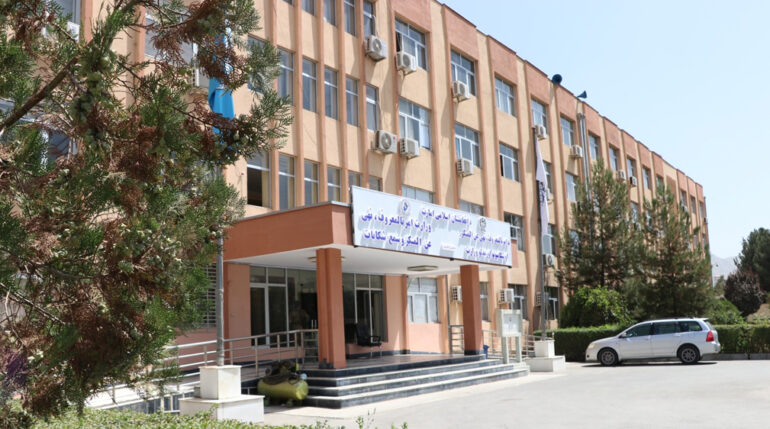RASC News Agency: The Taliban’s Ministry for the Propagation of Virtue and Prevention of Vice has decreed that all government employees will now be subjected to mandatory religious examinations twice a year. A leaked memorandum, circulated on Tuesday, September 9, reveals that the regime has already begun rolling out compulsory religious instruction within state offices, using doctrinal texts that heavily emphasize “jihad” and ideological conformity rather than professional or civic competence.
According to the directive, the first round of examinations will begin on Wednesday, September 9, requiring every civil servant regardless of role or background to undergo assessments derived from the regime’s indoctrination curriculum.
The vast majority of current employees are remnants of the former republic, many of whom have already endured repeated ideological tests, coercive re-education, and political vetting under Taliban rule. Yet the regime’s reach extends far beyond professional obligations: personal appearance, private conduct, and even daily routines are monitored and controlled. Men are compelled to grow beards of a state-determined length, wear turbans or skullcaps, and dress in strict conformity with Taliban dictates. Local witnesses report that in some offices Taliban officials literally measure the beards of staff members, humiliating and punishing those deemed “non-compliant.”
Such policies demonstrate the Taliban’s relentless attempt to transform government service into an apparatus of ideological subjugation rather than public administration. Civil institutions once envisioned as tools for governance and development are being systematically hollowed out and re-engineered as instruments of Taliban propaganda and control.
The repression is even harsher for women. Deprived of their rights to education, employment, free movement, and personal autonomy, Afghanistani women are forced into near-total invisibility. Taliban enforcement units operate as moral police, shutting down classrooms, barring female employees from offices, and even policing women’s steps outside their homes. What the Taliban portray as “virtue” is, in reality, a suffocating architecture of gender apartheid that erases half the nation’s population from public life.
Human rights advocates warn that these practices amount to the deliberate dismantling of civic freedom and human dignity. By reducing professional spaces to indoctrination centers and intruding into the personal lives of citizens, the Taliban are not only silencing dissent but dismantling the very foundation of Afghanistani society. The consequences are devastating: escalating public resentment, entrenched discrimination, and the accelerated flight of skilled professionals. Already, the exodus of educated Afghanistanis is draining the country of expertise in governance, health, and education fields essential for national survival.
The Taliban’s so-called biannual “religious tests” are thus not merely an administrative policy. They are symbolic of the regime’s broader ambition: to enforce ideological uniformity at the expense of knowledge, to replace professional merit with blind obedience, and to strip Afghanistan of any future not tethered to their narrow worldview.
This is not governance; it is domination masquerading as piety an assault not only on the rights of individuals but on the very idea of a functioning state.






